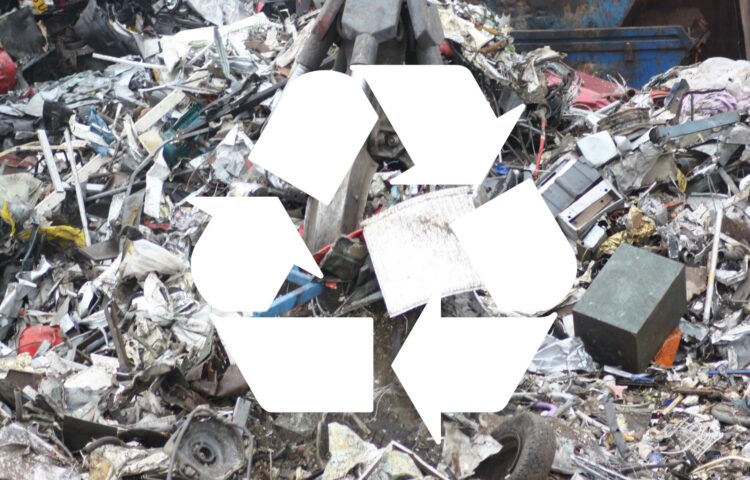Recycling is the process by which used and waste material is subjected to treatment through which they are transformed into ready-to-use raw materials and products. Different reasons and benefits justify the need to promote this process. Not only does it aid in reducing pollution but it caters to growing demands of cost-efficiency in various companies. Recycling has been the cause of recent debates over the last decade in various countries but its overwhelming benefits have proved its doubters wrong.
The industrial age has had a huge role to play in the agonizingly increasing amount of pollution in our atmosphere due to the use of non-biodegradable polymers and products being used that are regularly thrown into the landfills and which directly affect our life cycle. Different companies and developers have been forced to consider scrap metal recycling not only to protect the fragile nature of our ecosystem but also as a source to conserve and re-use their products as raw materials that not only save expenses but also play a crucial part in cleaning our society.

Image Source: Google
The most common raw material in recycling is plastic which is easily treated back into useable products. Since plastic is non-biodegradable it can survive from bacteria and parasites for many decades and if burned releases harmful gases that can cause a fatal rise in pollution in the surrounding.
As mentioned earlier, recycling plastic is a priority not only for the state administrators but also for companies that use them as their raw material due to the expenses it saves. This practice has been a healthy trend that has been infused into our current market over the past few. Companies manufacturing numerous varieties of printers have contributed a large proportion of recycling plastic and its byproducts.
